More and more Australians are conscious of the impact their food choices have on farm animals and are looking for labels to tell them the animals raised for their food have been treated humanely. But deciphering the marketing terms and labels can be time consuming and simply confusing.
With pork popular in the trolley of many Coles customers, we want to share with you what the RSPCA Approved logo means on Coles Free Range Pork products.
Standards focused on animal welfare
Coles Free Range Pork comes from pigs raised to the RSPCA’s animal welfare standards. These standards are comprehensive, publicly available and focus on ensuring that the physical and behavioural needs of the pigs are well provided for. Pigs are smart, social creatures and giving them the physical space and ability to express their natural behaviours is a key part of ensuring they’re happy and healthy.
Regular on-farm assessments
Being RSPCA Approved means specialised assessors visit farms at least twice a year (with additional unscheduled visits) to verify compliance with the RSPCA’s standards.
Home grown
All RSPCA Approved pork comes from Australian farms, with Coles Free Range Pork hailing from southwest Western Australia. By choosing Coles Free Range Pork, not only are you supporting animal welfare, you’re also supporting Australian sourcing and Aussie farmers doing good.
Room to roam
Many of us have an image in our minds of what ‘free range’ means for farm animals. Life on the range for pigs on Coles’ RSPCA Approved farms means room to roam, forage, root and explore. And not only do they have plenty of space, there’s also mud wallows for sows (breeding pigs) to roll and lie around in too. ‘Happy as a pig in mud’ is an expression for a reason!
A place to rest
Although pigs on Coles’ RSPCA Approved farms are living their best free range life, it’s still important for them to have access to shelter. Sows raising their piglets have access to their own individual straw-filled huts, which provides a space to build a warm nest for piglets, and a place to rest and seek refuge from the elements. Once the piglets have been weaned, they’re housed in large straw-filled shelters with other pigs of the same age and enjoy access to the outdoors. Importantly, farrowing crates and sow stalls, which confine the sow, cause stress and prevent sows from doing behaviours that come naturally, are strictly prohibited.
Free from painful practices
Painful husbandry practices, like teeth clipping, tail docking and surgical castration are not performed on RSPCA Approved farms.
Next time you’re doing your weekly shop, look for the RSPCA Approved logo on Coles Free Range Pork products. This little logo means big things – that the product you’re picking up has been farmed with the animal’s welfare as the top priority.
**
Watch our video of Coles‘ Dale Pemberton is on farm and talking about meeting their customers’ expectations when it comes to farm animal welfare

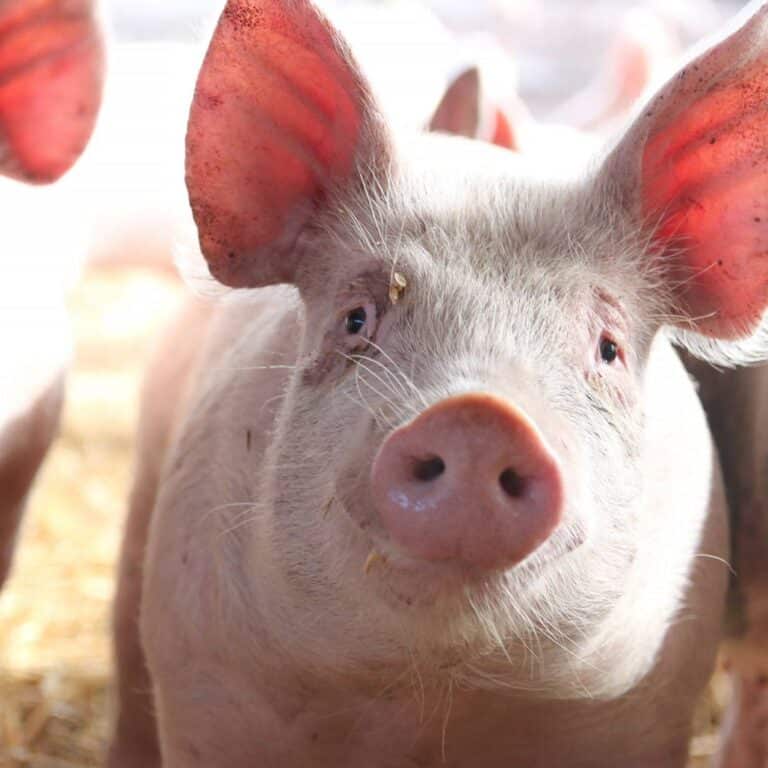
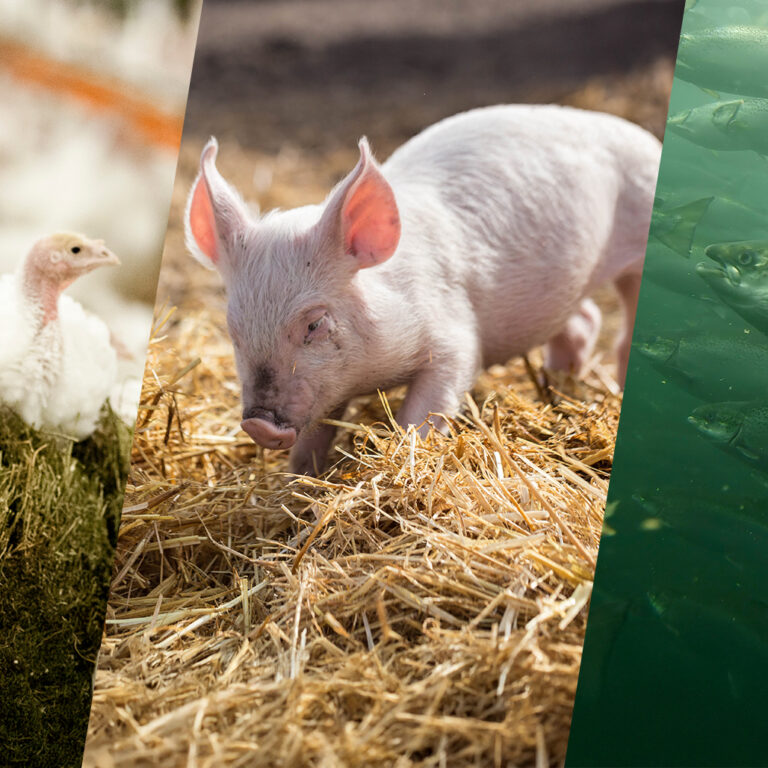
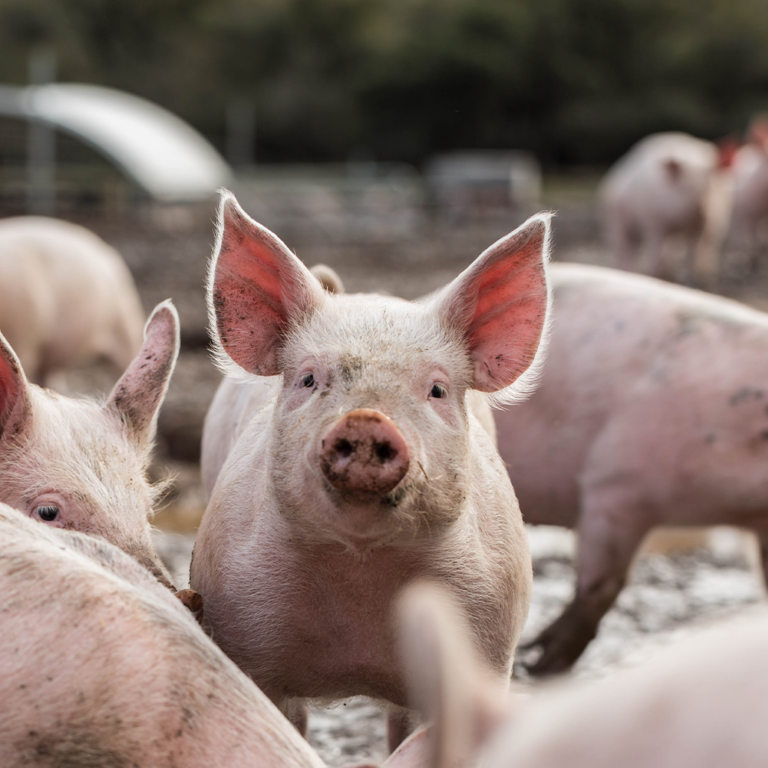
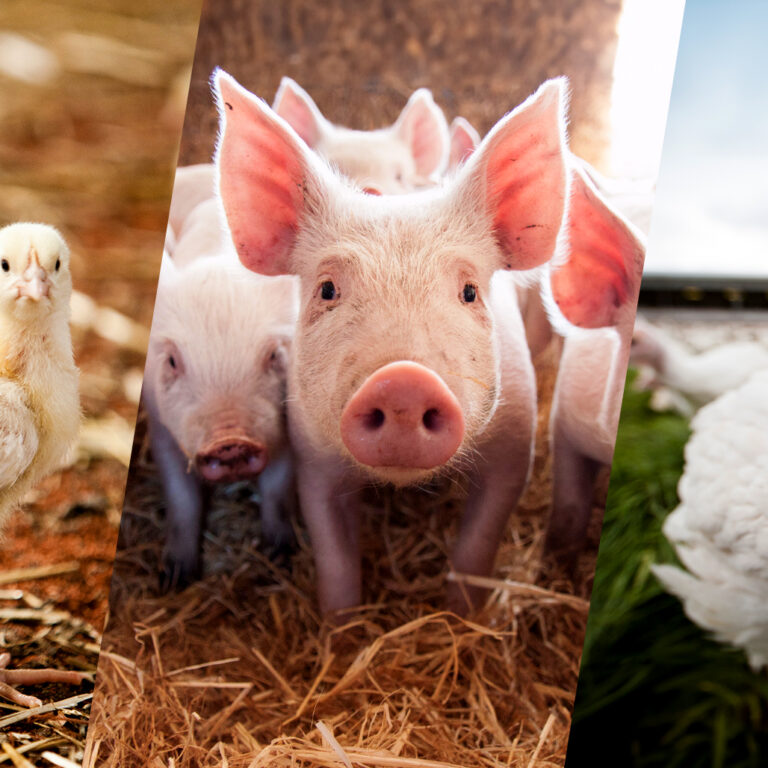
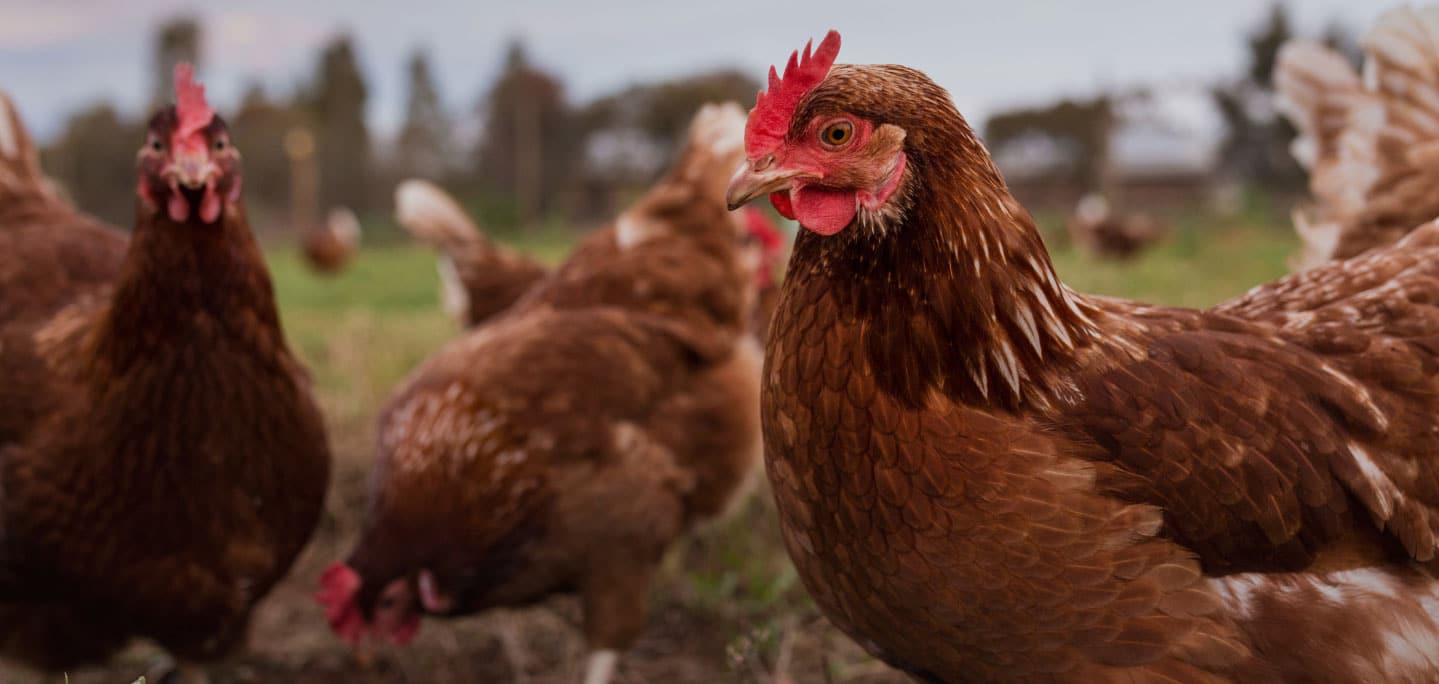

4 Comments
4 responses to “6 Reasons to Choose RSPCA Approved Pork at Coles”
I cannot see anything about how the pigs are slaughtered, so are they gassed or stunned and then killed. You must also look into that and ensure that they are slaughtered humanely if that is at all possible.
Hi Leonard,
Thank you for caring about pig welfare.
The RSPCA standard for pigs has 322 requirements on farm and 88 at slaughter. RSPCA Approved pigs may only be slaughtered at abattoirs that are assessed as part of a Producer’s certification. Other requirements include calm handling by skilled stockperson during transport and slaughter, CCTV must be installed at the abattoir, and stunning before slaughter to avoid pain and distress is compulsory.
In regard to your concern the use of carbon dioxide, the RSPCA shares yours and the community’s concerns about the use of CO2 to stun pigs. The two methods used in Australia to stun pigs prior to slaughter are electrical stunning and stunning using CO2.
Systems that are set up for stunning with CO2 gas can offer benefits over electrical stunning due to the ability to stun animals in groups and with minimal restraint, and therefore potentially less stress before stunning. There is also less reliance on the skills of the staff operating the stunning equipment. However, there are a number of animal welfare concerns associated with the use of high concentration CO2 stunning. For this reason, the RSPCA is of the view that stunning pigs with high concentrations of CO2 should be phased out and replaced as soon as more humane alternatives become available.
In the meantime, until such a system is in place the RSPCA Approved Farming Scheme is working with pig producers and abattoirs to ensure that RSPCA Approved pigs are slaughtered in the most humane way possible.
If you’re interested in reading further, here are links to our knowledgebase articles which includes more detail regarding pig farming and slaughter in Australia:
kb.rspca.org.au/knowledge-base/is-carbon-dioxide-stunning-of-pigs-humane/
kb.rspca.org.au/knowledge-base/how-are-pigs-farmed-in-australia/
I hope we have eased your concerns Leonard, thank you for your care and compassion.
What feed is provided to your free range pigs?
Hi Ian,
RSPCA Approved is a certification program solely focused on improving animal welfare, informed by science-based evidence. Producers must meet the RSPCA’s stringent animal welfare requirements and undertake a rigorous assessment process to gain certification. When you see the RSPCA Approved logo on a product this means the producer has been certified against our standards, the RSPCA doesn’t produce the chicken itself.
Our Standards outline that appropriate feed must be available in sufficient quantity and quality to meet the animal’s requirements, and they must have continuous access to clean, drinkable water. Our Standards do not outline use of particular grains or specify other food types. If you are interested in what feeds producers use, we recommend reaching out to the brand to ask.